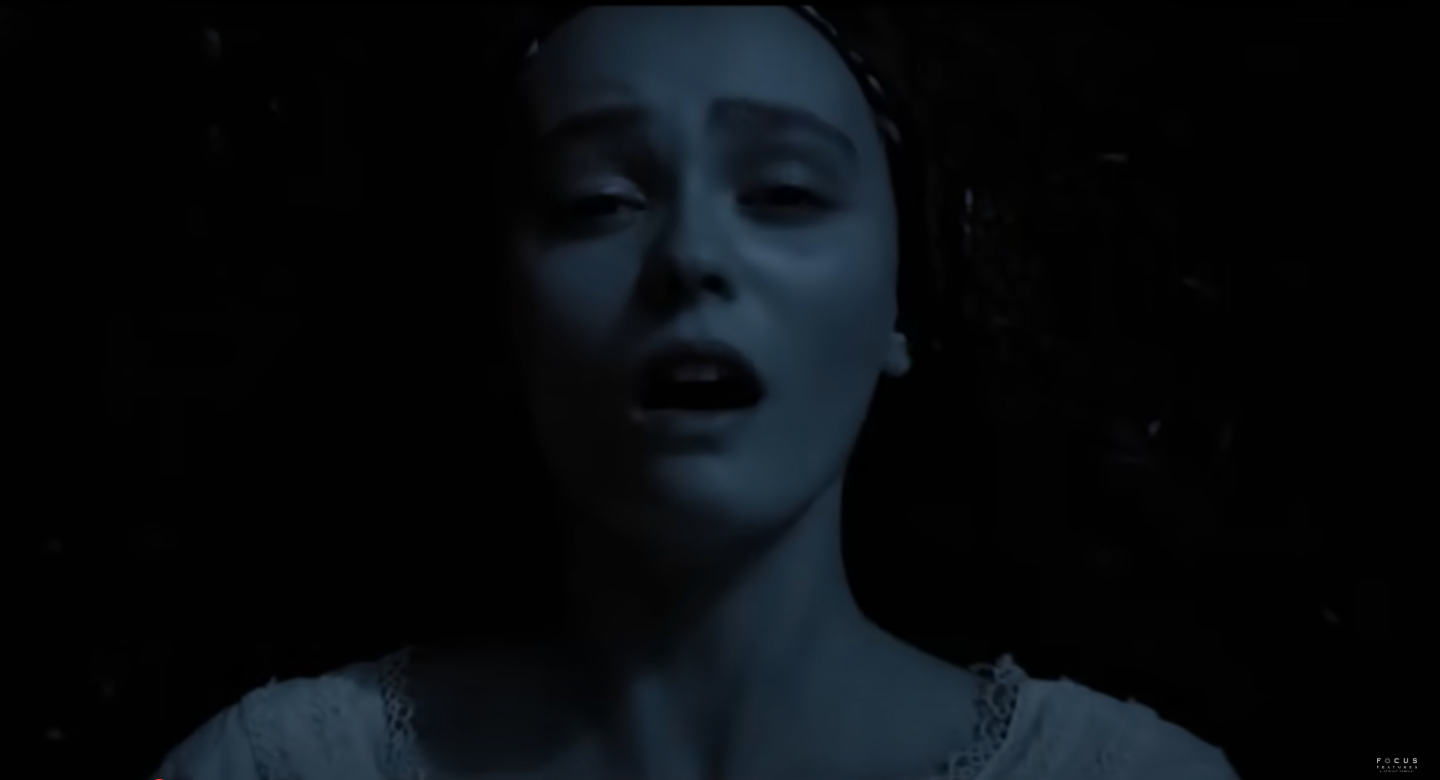On a beautiful Sunday at the end of April, I attended an illustrious event at Downtown Manhattan’s Metrograph movie theater: a screening of the Paul Schrader classic 2017 film First Reformed followed by a discussion with Schrader, himself. But this was more than a special showing, it was a celebration commemorating First Reformed‘s recent existence as a book. Archway Editions—the indie publisher committed to printing and reprinting esoteric and special mongraphs, novellas, plays, and other texts—had just published Schrader’s screenplay as a book. In true Archway fashion, it is a pristine, pocket-sized edition, a sleek paperback issue of the screenplay Schrader wrote himself.
A profoundly literary film, First Reformed begs to be read just as much as watched, though this might not seem like an obvious way to consume it. Indeed, in English classes in school, we read plays, but we don’t read screenplays.
But we should! The screenplay is a fascinating art form with tons of visual language that we see translated for us onto the screen but don’t get to read firsthand. A screenplay is much more than a scene-for-scene menu, an outline for how to make a movie—it’s a piece of writing that has to summon imagery on such a level that the imagery feels actionable and it’s clear how to render it all real.
Fortunately, now more than ever, you can read screenplays in book form. Starting with First Reformed, I’ve compiled a list of some of the nicest editions of published screenplays, for your reading pleasure.
Screenplays:
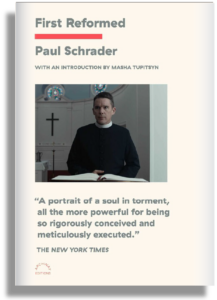 First Reformed, Paul Schrader
First Reformed, Paul Schrader
(Archway Editions)
First Reformed is the story of a pastor at a small, historic, tourist-trap church in upstate New York, whose faith and soul are tested when a prisoner introduces him to the existential realities of earth’s climate crisis.

Margaret, Kenneth Lonergan
(Grove Press)
Often considered the best movie that no one ever saw, Margaret is Academy Award-nominated screenwriter and playwright Kenneth Lonergan’s masterpiece. The story of a high-school girl in New York City whose life is changed after witnessing an accident, its release was delayed for 4 years, finally premiering in an edited version in 2011. This illustrated edition publishes Lonergan’s original screenplay—what amounted to the Director’s Cut that was released in 2012.
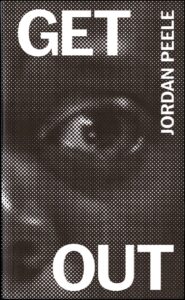
Get Out, Jordan Peele
(Monkeypaw/IN-FO.CO)
Featuring an introduction by writer and scholar Tananarive Due, as well as annotations by Jordan Peele, this black-and-white (because, well, yeah) edition of Get Out, Peele’s Oscar-winning horror satire about race (and a myth of post-racism) is a perfect companion to the film.
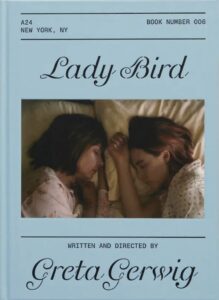
Lady Bird, Greta Gerwig
(A24)
A24 has actually published several of its acclaimed screenplays in beautiful, illustrated hardcover editions, and Lady Bird is the sixth. You can also grab the incredible screenplays to Lee Isaac Chung’s Minari, Mike Mills’s 20th Century Women, Barry Jenkins’s Moonlight, and Robert Eggers’s The Witch, among many others.

The Grand Budapest Hotel, Wes Anderson
(Opus Books)
Wes Anderson’s movies often inquire about the relationship between different kinds of storytelling; how many of his films begin with shots of characters reading the book that the very movie promises to imagine? Including The Grand Budapest Hotel, which is a movie about a girl reading the memoir of a man who met a man who told a story about someone else. And now you can read it!
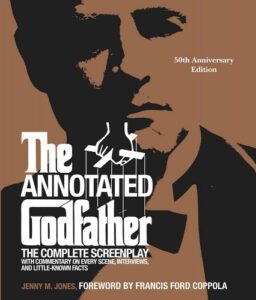
The Godfather, Francis Ford Coppola
(Black Dog & Leventhal)
The granddaddy of all screenplays, The Godfather is published in this 50th Anniversary Edition, annotated and featuring “commentary on every scene, interviews, and little known facts.” Assembled by Jenny M. Jones, it contains a foreword from Francis Ford Coppola, himself.
Screenplay-Novel Hybrids:
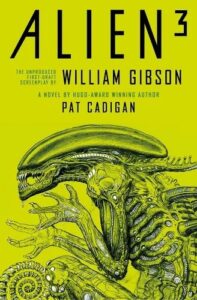
Alien 3: The Unproduced Screenplay by William Gibson, Pat Cadigan and William Gibson
(Titan Books)
Steampunk queen Pat Cadigan wrote a novel about William Gibson’s unpublished screenplay for an Alien sequel that was never made.

Interior Chinatown, Charles Yu
(Pantheon Books)
Charles Yu’s National Book Award-winning novel-in-a-screenplay-format is the story of a young guy, Willis Wu, who is a background character in a police procedural TV show until the day he stumbles into focus and discovers the protagonist he has always been all along.






































